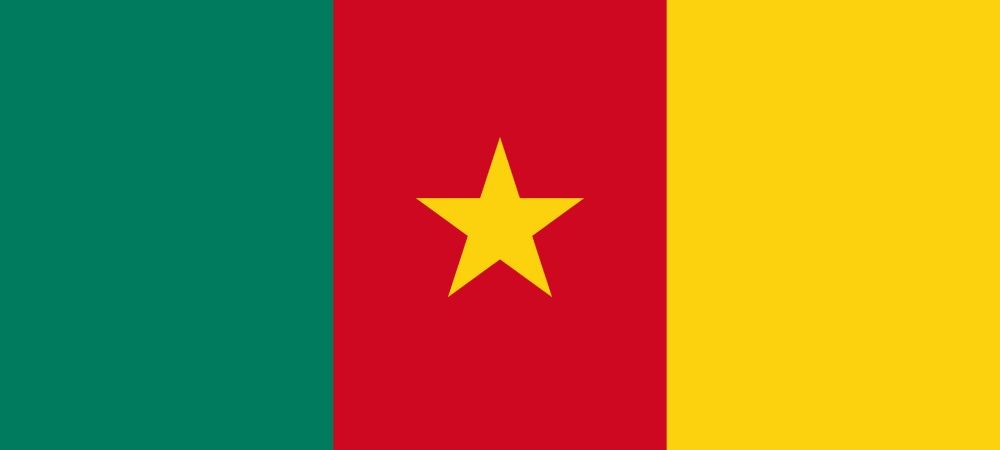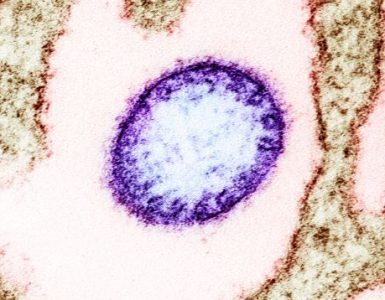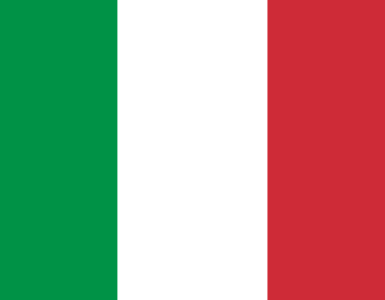Immunization is a success story for global health and development. It is an intervention that has saved millions of lives every year. Each year, over 116 million infants – 86% of all infants born in that year – are reached by immunization programs across the globe. This high coverage has drastically reduced deaths from major killer diseases like pneumococcal pneumonia, diarrhea, cervical cancer, typhoid, cholera, and meningitis.
But benefits of immunization are unevenly shared. Many communities; often the poorest, the most marginalized and the most vulnerable; in fragile, conflict-torn settings; or remote rural communities have poor access to immunization services. Each year, 20 million infants do not receive a full course of even basic vaccines, and many more miss out on newer vaccines. Of these, over 13 million receive no vaccines through immunization programs – the “zero dose” children.
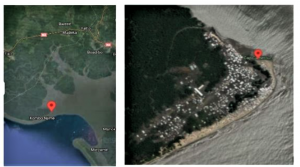
One of such communities is Cap Cameroon, an island which is home to nearly 18,000 people in the Central African Country of Cameroon. This island is often the epicenter of outbreaks and has witnessed fatal disease outbreaks in the past. The island also has very weak capacity to response to a disease out as it has no health facility or health personnel. This infrastructural and human resource gaps means that children miss out on the childhood vaccines, pregnant women miss out on their antenatal visits and deliveries are not attended to by skilled birth attendants:
“There is this woman in the island . . . I have done my statistics, she delivered 113 children last year. Traditionally, women deliver at home because there is no health facility”, said the community leader.
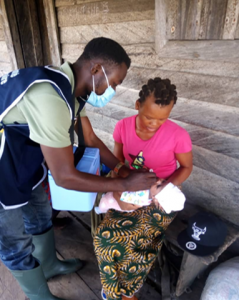
Motivated by the vision of . . . “leaving no one behind”, Cameroon’s Ministry of Health and its technical and financial partners resolved to turn the tides so as to bring primary health cares services, including immunization, to this missed community. This began by setting up team that was tasked to identify and characterized demand and supply side barriers to rolling out immunization and other primary health care public interventions in this community. After series focused group discussions, in-depth interviews, and field observations, the team supported the MoH to establish a partnership with the local municipal administrative authorities, set up a functional micro-health facility with local materials, which was staffed by two state registered nurses identified and recommended to the municipal authorities by the community. The team also facilitated the establishment of a Village Health Committee (VHC), which is made up of representative of clergies, leaders of immigrant population, women, and important minority population, amongst others. The village health committed. This committee took up the responsibility to discuss, participate and push agendas related to the population’s health in the community.
So far, the services of system have impacted over 1,200 persons directly, including cumulative health education, home visits, consultations, vaccination of over 150 children and pregnant women, and antenatal care to 13 pregnant women and the feedback from patients and the community is remarkable.
“I am so happy about this initiative. Now the new health center is not far from my house. I have undergone antennal care at the community health center already and feel very satisfied”, said a pregnant lady.
“The results so far have been satisfactory, and the approach approached used in this community is quite scalable. We intend to use this as a model for other missed communities.” Dr. Yauba Saidu, Country Director, CHAI concluded.
By Yauba Saidu Country Representative, Clinton Health Access Initiative


